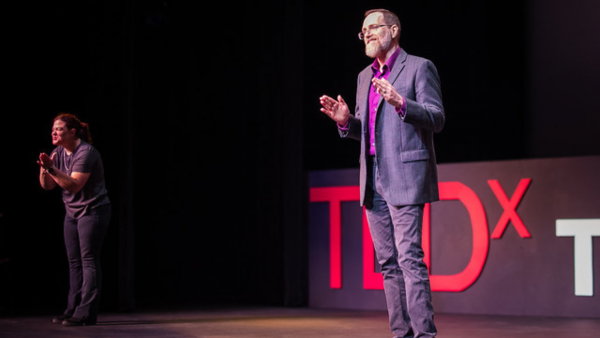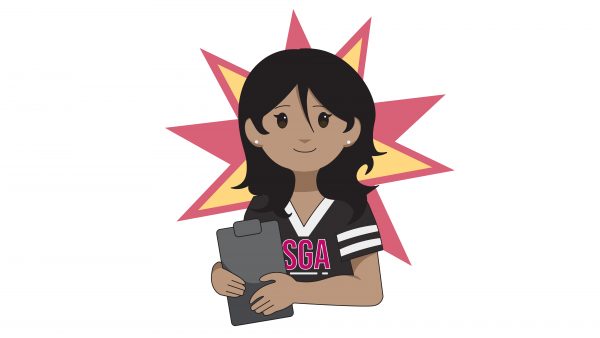This past October, Texas Woman’s University recognized Cybersecurity Awareness Month with events encouraging students to strengthen their online safety habits. Cybersecurity might not be the first thing on a student’s mind but it plays a role in nearly every part of student life, from checking emails and turning in assignments to connecting on public Wi-Fi between classes.
Senior Information Security Analyst D’Ann Jackson says students should not underestimate how often they are targeted online. “You might not think so, but universities are a target, and students are a target too,” she says. “There’s a lot of value tied to student information—financial details, personal data—and that data has value.”
Jackson explains that most threats do not require advanced hacking skills. In fact, many depend on social engineering, where scammers use persuasion rather than code. “Hackers impersonate someone you know, maybe someone from the university or a bank,” she says. “They try to create urgency—telling you to pay a bill right now or your account will be sent to collections—because people make mistakes when they panic.”
TWU’s Information Security team turned that message into hands-on learning through several campus events. At the information booth, students received tips and resources for safer online practices. The Six Words Wall which occurred from Oct. 1-24, invited participants to describe what cybersecurity means to them in six words or fewer for a chance to win TWU merchandise.
The annual e-waste recycling drive on Oct. 23 also tied digital safety to sustainability. Students and community members dropped off old electronics near the Reserve Officers’ Training Corps (ROTC) building to be recycled by Computer Crushers, a local company that securely destroys hard drives. “We host this event every year, and it’s open to the community,” Jackson says. “Computer Crushers shreds hard drives and even provides certificates of destruction for anyone who wants proof their data is gone.”
She adds that responsible recycling directly supports cybersecurity. “There’s often sensitive data on those old devices,” she says. “When you destroy them properly, that information disappears for good and you keep harmful materials out of landfills too.”
TWU’s computer science department joined the effort with weekly cybersecurity lectures that led up to a final competition. Christopher Bacidore, a junior with a minor in computer science, says “These lectures demonstrated the importance of cybersecurity in everyday life, including password usage, data leaks, and the proper use of security questions.”
Bacidore emphasizes that cybersecurity is not just for computer science majors. “Everyone needs to know about cybersecurity,” he states. “This won’t only help you in protecting information and technology in a job setting, but can also benefit any individual in their everyday life.”
Jackson and Bacidore both shared practical steps students can take right now. Bacidore suggests that small steps can make a big difference, advising students to “create unique and un-personalized passwords each time you need [to make] a password,” since using personal details like birthdays can make them easy to guess. Jackson advises avoiding public Wi-Fi for banking or purchases unless using a VPN, limiting how much personal information is shared online, and checking emails carefully before clicking links. “If something feels off, stop and look closer,” she said. “Hover over links to see where they lead and watch for grammar issues or urgent language—those are red flags.”
Jackson also notes that attackers now use artificial intelligence to create convincing scams. “It used to be easy to spot phishing emails because of bad spelling or grammar,” she states. “Now scammers use AI to write messages that look completely real.”
As technology continues to advance, departments like IT and academic programs like Computer Science hope students take initiatives to protect themselves and others online. TWU’s IT department continues to promote digital safety beyond October through outreach, social media and its website. “People are our best defense,” Jackson says, “Training and awareness make all the difference.”
Amanda Ezeigbo can be contacted via email at aezeigbo@twu.edu







Be First to Comment